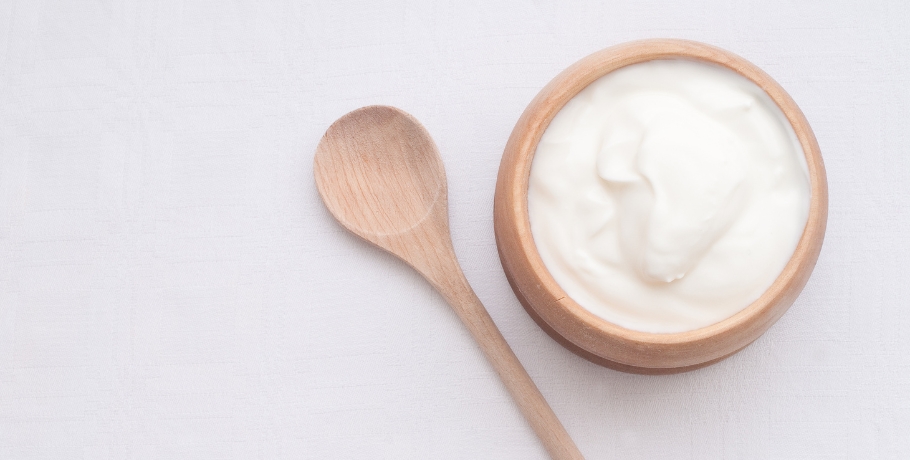
Which Foods Contain the Most Probiotics?
Fermented foods such as yogurt made from goat or sheep milk, kefir, kimchi, and sauerkraut are among the richest sources of probiotics. Probiotics are live bacteria that are beneficial for your health, particularly your digestion. Here’s a detailed overview of foods that are high in probiotics:
- Kefir – A fermented dairy drink similar to yogurt but with a thinner consistency and packed with probiotics. It is considered one of the best sources of probiotics.
- Yogurt – Another popular source of probiotics, especially if it contains live and active cultures. Greek yogurt is often particularly rich in probiotics.
- Certain Cheeses – Not all cheeses contain probiotics, but varieties like gouda, mozzarella, cheddar, and cottage cheese can include probiotic cultures.
Plant-Based Foods with Probiotics
For vegans and vegetarians, there are many plant-based and fermented options that are excellent sources of probiotics:
- Kimchi – A Korean fermented vegetable dish, typically made with cabbage and radishes. Kimchi is known for its strong flavors and high probiotic content.
- Kombucha – A fermented tea drink rich in probiotics that has gained significant popularity in recent years. Kombucha can also be a source of antioxidants.
- Sauerkraut – Fermented cabbage that is a traditional German dish. Sauerkraut is full of probiotics and fiber, supporting healthy digestion.
- Apple Cider Vinegar – A mild fermented product often used in salad dressings. Apple cider vinegar can be a source of probiotics, though the amount may vary significantly.
Probiotic Supplements – When and Why?
Probiotic supplements can be an excellent addition to your diet, particularly in situations where natural sources may not suffice. Here are some scenarios where supplements can be especially beneficial or necessary:
- After antibiotic treatment, as antibiotics can kill both harmful and beneficial bacteria in the gut.
- For specific digestive issues such as IBS (Irritable Bowel Syndrome) or IBD (Inflammatory Bowel Disease).
- To strengthen the immune system and reduce the risk of infections.
When choosing a probiotic supplement, consider the following:
- Specific Strains – Different probiotic strains offer different benefits, so it’s important to choose a supplement with a variety of strains.
- CFU Count (Colony Forming Units) – This indicates the number of live bacteria in the supplement. A higher CFU count may provide greater effectiveness.
- Proper Storage – Some probiotic supplements need to be refrigerated to keep the bacteria alive.
For optimal gut health, you can combine probiotic-rich foods with probiotic supplements. This ensures a diverse range of probiotic strains and sufficient amounts. Flora Plus+ is the best probiotic we have found on the market. For those seeking a milder yet high-quality probiotic, Flora Basic is an excellent choice.
Recommended Probiotic Supplements
Greatlife offers a wide range of probiotic supplements to help improve your gut health. Here are some of our recommendations based on specific needs or health goals:
- Flora Plus+ – A high-quality, potent probiotic containing 16 different strains and 20 billion CFU per capsule to support a healthy gut flora. Ideal for IBS, IBD, and post-antibiotic use.
- Flora Basic – A high-quality foundational probiotic with 5 different strains and 5 billion CFU per capsule. Perfect for children or individuals with mild digestive issues.
- Flora 20-14 – A high-quality, powerful probiotic containing 14 different strains and 20 billion CFU per capsule to support a healthy gut flora.
- Baby & Me 2 Prenatal Probiotic + Prebiotic – A high-quality probiotic designed specifically for pregnant and breastfeeding women.
Frequently Asked Questions About Probiotics in Food
Here is a FAQ section addressing common questions and misconceptions about probiotics in food versus supplements:
- Which foods contain good bacteria? – Kefir, yogurt, kimchi, and kombucha are some examples.
- Which yogurt contains the most probiotics? – Yogurt with live and active cultures, especially Greek yogurt, is rich in probiotics.
- Are oats good for gut health? – Oats are not among the foods we recommend.
- Are bananas good for gut health? – Yes, bananas contain prebiotics that support a healthy gut flora.
- Is it good to consume probiotics daily? – Yes, regular consumption of probiotics can support a healthy gut flora and overall health.
Learn everything about probiotics and their functions in our comprehensive guide, along with other guides on various topics.
